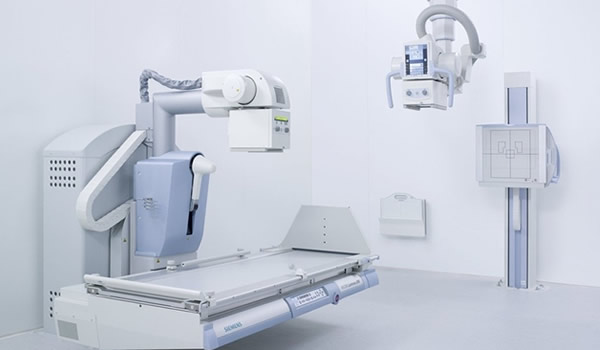South Korea has granted approval for its first CRISPR-based therapy, offering new hope to patients with a rare genetic blood disorder and marking a milestone in Asia’s biotech landscape.

SEOUL – August 8, 2025 – The Ministry of Food and Drug Safety (MFDS) in South Korea has approved the country’s first CRISPR-based therapeutic, targeting beta-thalassemia, a rare inherited blood disorder that impairs hemoglobin production.
Developed by Seoul BioGene in partnership with an international biotech consortium, the therapy works by directly editing defective genes in a patient’s bone marrow stem cells. Early clinical trials involving 45 patients showed that more than 90% of recipients achieved transfusion independence within six months.
Clinical Significance
Beta-thalassemia affects tens of thousands of people in Asia, often requiring lifelong blood transfusions. “This approval is a watershed moment for gene therapy in Asia,” said Dr. Park Ji-woo, a hematology specialist at Asan Medical Center. “We now have a tool to correct the root cause of the disease, not just manage its symptoms.”
Market & Research Impact
The approval could accelerate research into CRISPR applications for other genetic disorders, including sickle cell anemia and certain immune deficiencies. South Korea’s established biomanufacturing infrastructure is expected to support rapid scaling of production.
Editor’s Analysis
South Korea’s regulatory agility in approving advanced therapies could position it as a regional hub for genetic medicine. However, cost remains a critical barrier—early projections suggest treatment prices could exceed US$1 million per patient. Widespread adoption will depend on insurance coverage and potential price negotiations.